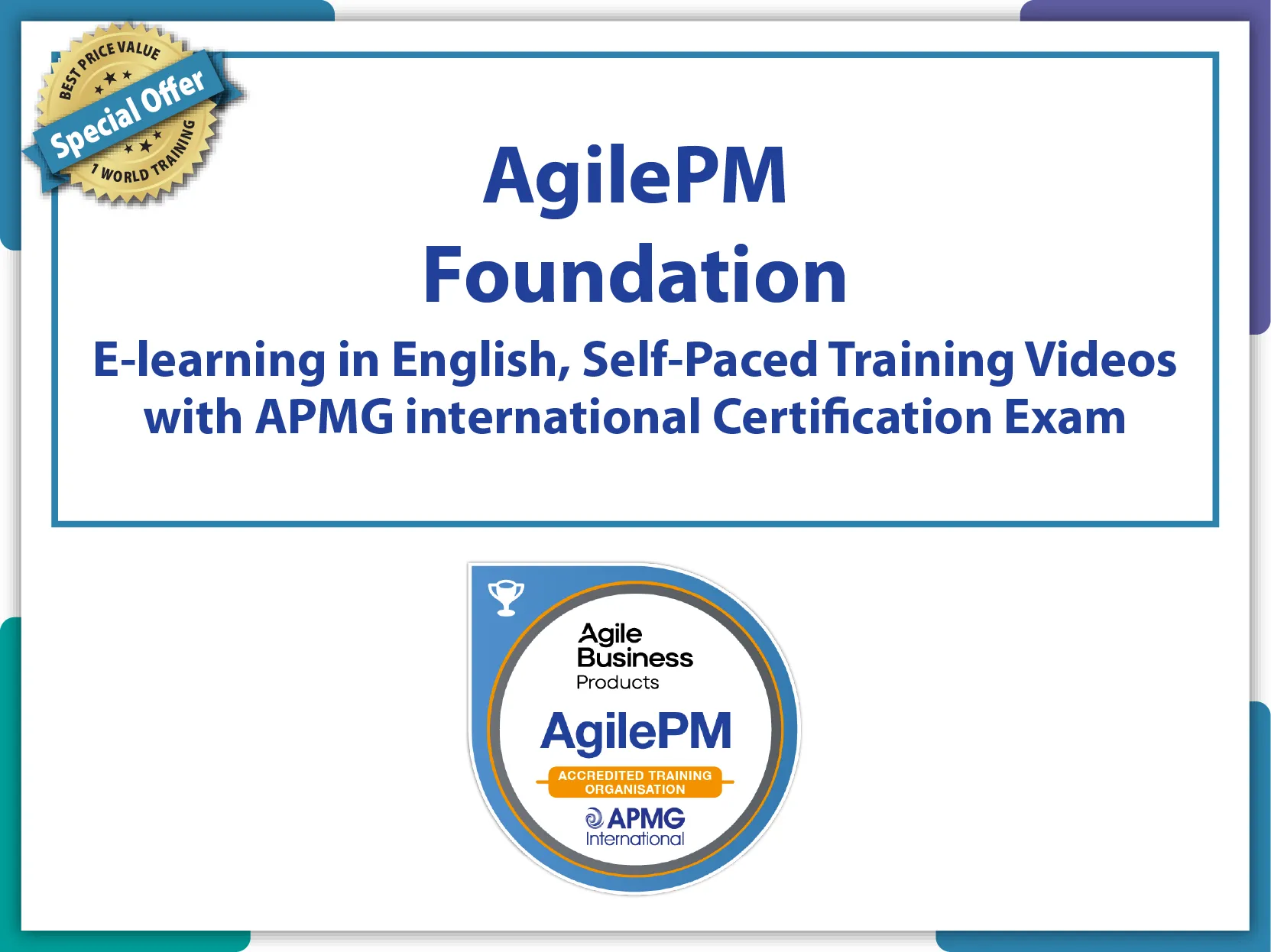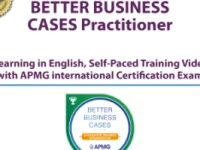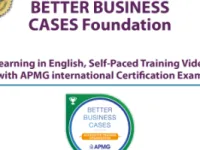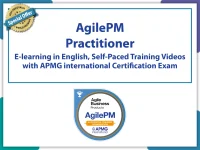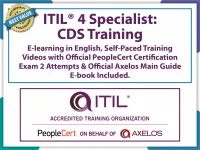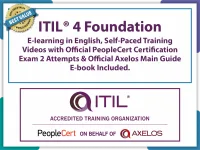Learn how to flex and deliver projects rapidly to meet your customer needs.
Agile, Project Management
Who is the Foundation Level for?
- Practicing project managers.
- Agile team members looking to become Agile Project Managers.
- Individuals pursuing the AgilePM Practitioner Certificate.
Course Summary
AgilePM Foundation introduces the DSDM Agile Project Management framework, a pragmatic and repeatable methodology. This course explains how to prepare for and run an agile project, highlighting documentation, techniques, roles and responsibilities recommended within the framework.
What are the key things you will learn?
- The underpinning philosophy and principles of Agile.
- The lifecycle of an Agile project, including alternative configurations.
- The products produced during an Agile project and their purpose.
- The techniques used and their benefits and limitations.
- The roles and responsibilities within an Agile project.
Course Structure
AgilePM Foundation courses typically follow this agenda:
- What is Agile? Choosing an appropriate Agile approach
- Philosophy, Principles and Project Variables
- Preparing for Success
- The DSDM Process
- The People – DSDM Roles and Responsibilities
- The DSDM Products
- Key Practices – Prioritization and Timeboxing
- Planning and Control throughout the Lifecycle
- Other practices: Facilitated Workshops, Modelling, and Iterative Development.
Exam Format:
- Multiple choice format
- 50 questions per paper
- 25 marks required to pass (out of 50 available) – 50%
- 40 minutes duration
- Closed book.
Since its introduction in 2010, AgilePM has fast established itself as the world’s leading framework and certification for Agile project management, with over 200,000 exams sat worldwide.
The AgilePM qualification is based on the AgilePM Handbook, published by the Agile Business Consortium.
The Handbook offers a practical and repeatable methodology that achieves an ideal balance between the standards, rigour and visibility required for good project management, and the fast-pace, change and empowerment provided by Agile.
Agile Project Management training and certification help individuals to:
- Apply the underpinning philosophy and principles of AgilePM in a project situation
- Appropriately configure the lifecycle of an Agile project to a given scenario
- Identify and apply popular Agile techniques in a project situation, including MoSCoW prioritisation, iterative development and timeboxing
- Understand and assign roles and responsibilities within an Agile project
- Understand the mechanisms for governance and control of an Agile project
- Understand how to test, estimate and measure progress in an Agile project
- Describe and apply the Agile approach to managing requirements.


